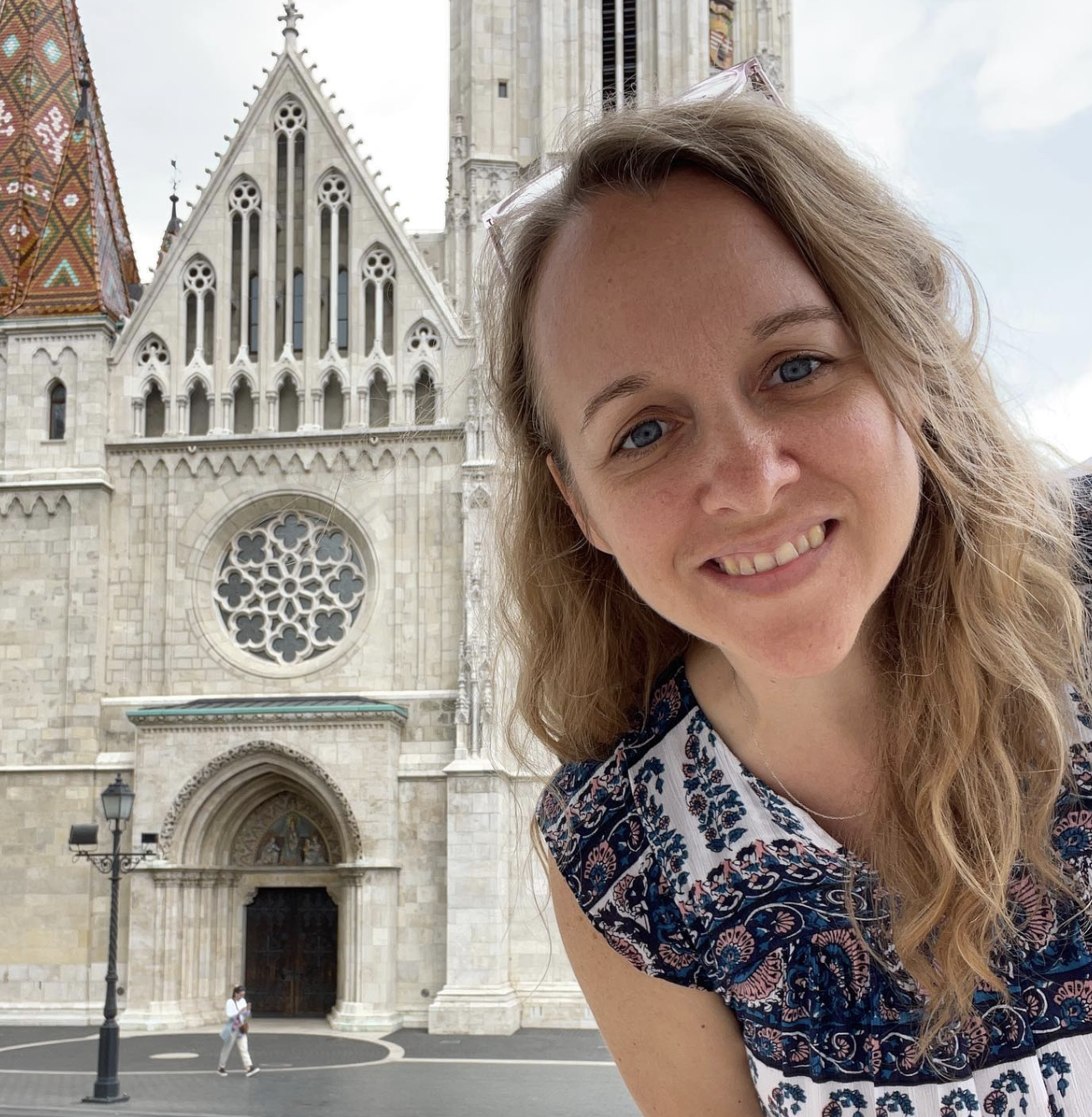Modernized electrical grid automated to improve the efficiency, reliability, economics, and sustainability of the production and distribution of electricity.
The Global City Teams Challenge (GCTC) was successfully launched by the National Institute of Standards and Technology (NIST) and US Ignite with a kick-off event at NIST on September 29-30. At this two day event, we had more than 350 on-site and remote attendees who came together to present project ideas and form Action Clusters on cyber-physical systems (CPS) and Internet of Things (IoT) for smart cities around the world.
Submitted by Anonymous on November 13th, 2014
Accurate and reliable knowledge of time is fundamental to cyber-physical systems for sensing, control, performance, and energy efficient integration of computing and communications. This statement underlies the proposal. Emerging CPS applications depend on precise knowledge of time to infer location and control communication. There is a diversity of semantics used to describe time, and quality of time varies as we move up and down the system stack. System designs tend to overcompensate for these uncertainties and the result is systems that may be over designed, inefficient, and fragile.
The intellectual merit derives from the new and fundamental concept of time and the holistic measure of quality of time (QoT) that captures metrics including resolution, accuracy, and stability. The proposal builds a system stack ("ROSELINE") that enables new ways for clock hardware, operating system, network services, and applications to learn, maintain and exchange information about time, influence component behavior, and robustly adapt to dynamic QoT requirements, as well as to benign and adversarial changes in operating conditions. Application areas that will benefit from Quality of Time will include: smart grid, networked and coordinated control of aerospace systems, underwater sensing, and industrial automation.
The broader impact of the proposal is due to the foundational nature of the work which builds a robust and tunable quality of time that can be applied across a broad spectrum of applications that pervade modern life. The proposal will also provide valuable opportunities to integrate research and education in graduate, undergraduate, and K-12 classrooms. There will be extensive outreach through publications, open sourcing of software, and participation in activities such as the Los Angeles Computing Circle for pre-college students.
Off
Anthony Rowe
Mani Srivastava
Ragunathan Rajkumar
Neal Patwari
Thomas Schmid
Joao Hespanha
Sudhakar Pamarti
University of California-San Diego
Rajesh Gupta
-
National Science Foundation
Rajesh Gupta
 Submitted by Rajesh Gupta on November 12th, 2014
Submitted by Rajesh Gupta on November 12th, 2014
Event
ECRTS '15
EUROMICRO CONFERENCE ON REAL-TIME SYSTEMS
Lund, Sweden, 8-10th July 2015
Organized by the Euromicro Technical Committee on Real-Time Systems
Conference web site: ecrts15.ecrts.org
THEME AND TOPICS OF INTEREST
ECRTS is the premier European venue for presenting research into the broad area of real-time and embedded systems. Along with RTSS and RTAS, ECRTS ranks as one of the three top international conferences on real-time systems.
Submitted by Anonymous on November 4th, 2014
Event
Resilience Week 2015
Symposia dedicated to promising research in resilient systems that will protect critical cyber-physical infrastructures from unexpected and malicious threats--securing our way of life. There are five co-located symposia:
Resilient Control Systems
Resilient Cyber Systems
Resilient Cognitive Systems
Resilient Communication Systems
Resilient Critical Infrastructure
 Submitted by Craig Rieger on September 26th, 2014
Submitted by Craig Rieger on September 26th, 2014
Event
SMERC 2014
UCLA to Host Smart EV Charging and Grid Management Symposium on September 16, 2014 - along with National Drive Electric Week
In September, as America and California plan their National Drive Electric Week - https://driveelectricweek.org/event.php?eventid=127 - UCLA's SMERC is planning to host its Smart EV Charging and Grid Management Symposium.
Submitted by Anonymous on September 16th, 2014
Event
ICIT 2015
IEEE 2015 International Conference on Industrial technology. ICIT 2015
ICIT 2015 is the annual International Conference on Industrial Technology, focusing on intelligent and computer control systems, robotics, factory communications and automation, flexible manufacturing, sensing, data acquisition and signal processing, computing and networking, vision systems, power electronics and electrical machines,
Submitted by Anonymous on July 11th, 2014
Event
DSN 2014
Call for Participation
We cordially invite you to participate in the 44th Annual IEEE/IFIP International Conference on Dependable Systems and Networks (DSN). DSN is the premier international forum for presenting research results in the broad field of dependability, ranging from hardware to applications and including important areas in between such as networks, distributed systems and the cloud, cyber-physical systems, and socio-technical aspects.
Submitted by Anonymous on June 12th, 2014
Event
CPSData:2014
CPSData 2014 : CPSData - Big Data Technologies for the Analysis and Control of complex Cyber-Physical Systems
Workshop in conjuction with INFORMATIK 2014
Submitted by Anonymous on May 19th, 2014
March 13-14, 2014 | NIST Campus | Gaithersburg, Maryland
Dedicated Smart Grid Testbeds (SG TBs) are being developed by industry, academia, and government laboratories to characterize smart grid equipment and systems and validate smart grid performance and standards. At this nascent stage, much needs to be done to develop shared understanding of needs, opportunities, and approaches for integrating testbed design and operation to achieve the full potential of the evolving smart gird.
 Submitted by Katie Dey on March 1st, 2014
Submitted by Katie Dey on March 1st, 2014
Event
CODES+ISSS 2014
The International Conference on Hardware/Software Codesign and System Synthesis is the premier event in the design, modeling, analysis, and implementation of modern embedded systems, from system-level specification and optimization to hardware/software implementation. The conference is a forum for active discussions on various topics of current and future importance to designers and researchers.
Submitted by Anonymous on January 31st, 2014
Feedback
Feedback
If you experience a bug or would like to see an addition or change on the current page, feel free to leave us a message.